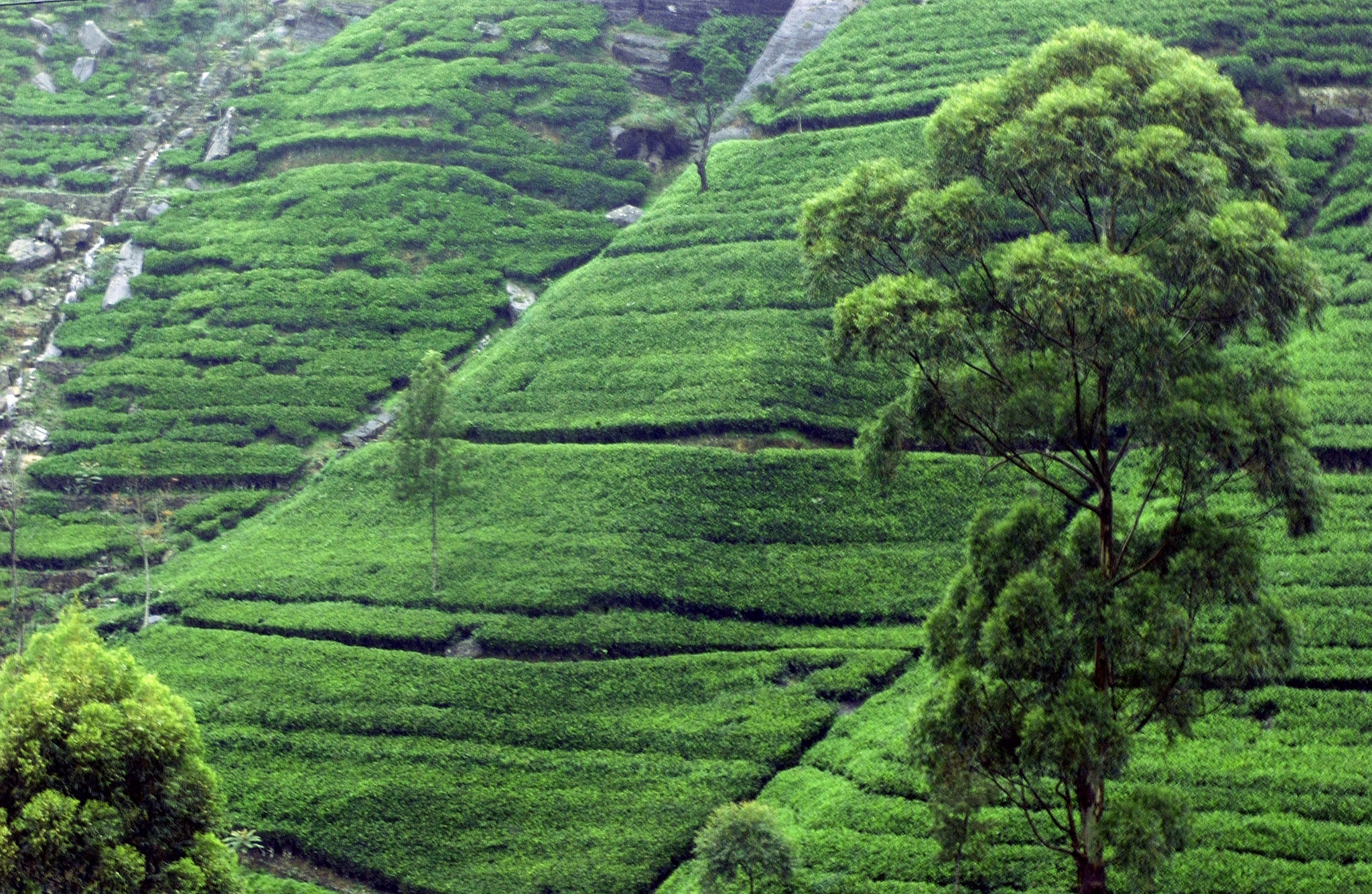
14
يوليوFour Ways Black Tea And Rich Chocolate Desserts Can make You Invincible
Tea, a simple beverage, holds an unique place in the hearts of individuals worldwide. From the tranquil tea events of Japan to the bustling tea stalls of India, tea has ended up being an essential component of various cultures, standing for practice, friendliness, and social bonding. If you have any inquiries concerning exactly where and how to use culture of tea, you can speak to us at our web-site. This short article will certainly look into the rich tapestry of tea society, highlighting its historic origins and the value it holds today.
According to Chinese tale, in 2737 BCE, Emperor Shen Nong discovered tea when the leaves from the Camellia sinensis tree dropped into his boiling water, producing an appealing scent and refreshing taste. As tea production and trade increased throughout the Silk Roadway, tea ended up being a necessary product, leading to the facility of tea residences and the ancient tea event.
 Moving westward, tea has long been linked with British society. Introduced to England in the 17th century, tea quickly came to be promoted amongst the elite classes prior to making its way to the homes of common people. The 18th century observed the introduction of the extravagant tea, an idea that provided a chance for social events while sipping on "a mug culture of tea char." This tradition remains to thrive in the contemporary era, with tea rooms adorning the streets of London and throughout the United Kingdom.
Moving westward, tea has long been linked with British society. Introduced to England in the 17th century, tea quickly came to be promoted amongst the elite classes prior to making its way to the homes of common people. The 18th century observed the introduction of the extravagant tea, an idea that provided a chance for social events while sipping on "a mug culture of tea char." This tradition remains to thrive in the contemporary era, with tea rooms adorning the streets of London and throughout the United Kingdom.
In the land of the samurais, Japan, tea ceremonies hold excellent social relevance. Referred to as "Chanoyu" or "Sado," these meticulously choreographed events celebrate the art of tea preparation and intake. The events, influenced by Zen Buddhism, aim to offer a moment of peace and mindfulness. Individuals are assisted with each action, from the fragile activities of mixing the tea powder to the elegant sipping of the finished mixture. Japanese tea homes commonly include peaceful gardens, mirroring the harmony and nature-centric ethos essential to this cultural technique.
Recognized for its vivid streetscapes filled up with tea stalls or "chai wallahs," the nation's culture of tea rotates around the day-to-day ritual of sharing a mug of steaming hot tea. Chai has transcended its simple components, coming to be an icon of hospitality, unity, and a method of attaching individuals across varied backgrounds.
Beyond these widely known tea societies, numerous other regions flaunt their unique routines and customs. Moroccan mint tea, for instance, indicates hospitality and offers as a symbol of inviting guests.
In a quickly developing globe, black tea and rich chocolate desserts remains an unwavering source of comfort, practice, and social link. It continues to build bonds in between individuals of various cultures, promoting cross-cultural exchanges and shared understanding. Whether it be drinking tea in a British tea beauty salon, practicing meditation with a Japanese tea event, or sharing vivid discussions over mugs of chai in India, the recognition for tea embodies the essence of humanity's pursuit for link and shared experiences.
As tea makes its means right into many cups worldwide, its social importance stands as a testament to the long-lasting values and traditions it represents. From ancient China to contemporary tea stalls, tea remains to unify societies, advertise wellness, and create treasured minutes that transcend borders and generations.
From the tranquil tea events of Japan to the busy tea stalls of India, tea has actually become an essential component of many cultures, representing tradition, hospitality, and social bonding. As tea manufacturing and profession broadened throughout the Silk Roadway, tea came to be a necessary asset, leading to the establishment of tea houses and the ancient tea event.
Recognized for its vivid streetscapes filled up with tea stalls or "chai wallahs," the country's society revolves around the everyday routine of sharing a cup of steaming warm tea. Past these well-known tea cultures, different other regions flaunt their one-of-a-kind routines and customs. Whether it be drinking tea in a British tea salon, meditating with a Japanese tea event, or sharing dynamic discussions over mugs of chai in India, the admiration for tea personifies the essence of mankind's pursuit for connection and shared experiences.



